China
As tensions simmer between the United States and China over trade, an unexpected battleground has emerged on TikTok and it involves some of the world’s most recognisable luxury brands.
In recent weeks, dozens of videos have gone viral, showing Chinese factory workers and influencers claiming that many luxury goods from Louis Vuitton handbags to Lululemon leggings are manufactured in China, and can now be bought directly from the source at a fraction of the price.
“Same materials, same craftsmanship, just no brand logo,” says one TikTok creator in front of a busy factory floor. The video has over 10 million views. Others promise $50 handbags that allegedly come from the same production lines as major designer brands.
These claims are gaining traction, especially as the U.S. trade war with China escalates. Under President Donald Trump’s global tariff regime, Chinese goods now face levies of up to 125%. China, in response, has imposed tariffs of its own on U.S. products. In the middle of this economic standoff, some manufacturers or those claiming to be are turning to social media to appeal directly to consumers.
But how much of it is true?
Luxury brands like Louis Vuitton and Lululemon are reported to have denied these allegations in the past. For instance, Lululemon's April 2024 supplier list includes facilities in China, Vietnam, Cambodia, and other nations, indicating a broad manufacturing network. Louis Vuitton maintains that it does not manufacture its goods in China at all.
Experts caution that many of these viral videos may be part of a broader strategy by counterfeit or “dupe” manufacturers to exploit public confusion and bypass formal trade channels.
“They're tapping into a moment of economic uncertainty and using social media to blur the lines between real and fake,” says Conrad Quilty-Harper, author of Dark Luxury, a newsletter focused on the luxury goods industry. “These claims are difficult to verify, but they’re undeniably effective in driving demand.”
The counterfeit industry in China remains one of the largest in the world. In 2023 alone, U.S. Customs seized counterfeit goods worth $1.8 billion in retail value. And platforms like Shein and Temu, widely known for offering low-cost items, have added to the debate over quality, transparency, and consumer choice.
Some TikTok users say the videos expose a lesser-known side of the luxury industry, while others argue they raise serious concerns about authenticity, intellectual property rights, and ethical sourcing.
It’s a complex issue with economic, legal, and consumer trust dimensions. On one side, there's growing frustration over high markups and exclusivity in the luxury sector. Conversely, concerns about counterfeit goods, misleading marketing, and lack of regulation in online marketplaces continue to mount.
So, where does the truth lie?
Are these just clever marketing tactics in response to tariffs and trade barriers? Are consumers being misled or simply making informed choices in a changing marketplace?



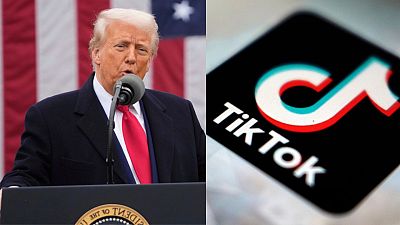

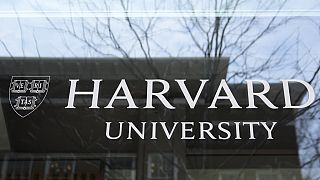
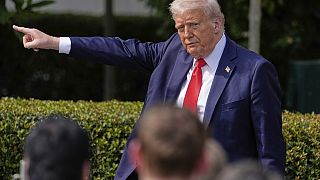
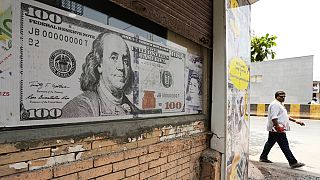
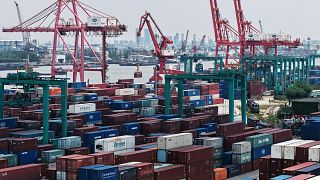
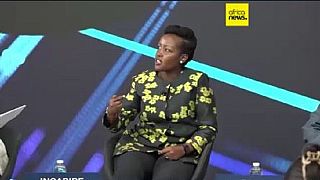
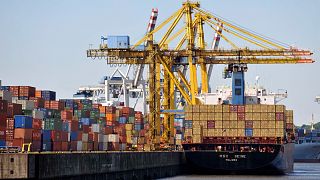


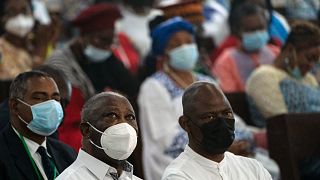
Go to video
INTERPOL seizes $65M in fake drugs, arrests 769 in largest-ever global crackdown
01:29
Donald Trump announces talks between US and Iranian officials next week
Go to video
US embassy in Monrovia tells visa applicants to make social media accounts 'public' for vetting
Go to video
Uganda's Museveni breaks African silence on Israel-Iran war
01:05
Migrant centre in landmark New York hotel closes down
01:30
Israeli military says seven soldiers killed during operations in Gaza